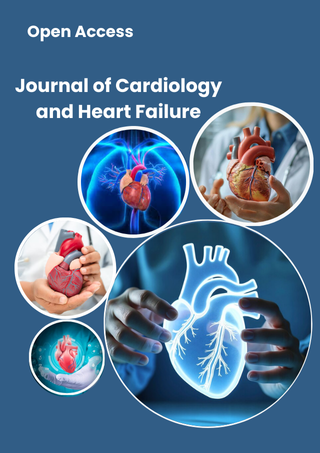Cardiomyopathy
Cardiomyopathy refers to a group of diseases that affect the heart muscle, leading to structural and functional impairments in cardiac performance. It includes various subtypes such as dilated, hypertrophic, restrictive, arrhythmogenic right ventricular cardiomyopathy (ARVC), and stress-induced (Takotsubo) cardiomyopathy. These conditions may be inherited or acquired, and can result in heart failure, arrhythmias, thromboembolism, or sudden cardiac death. Diagnosis involves echocardiography, cardiac MRI, genetic testing, and endomyocardial biopsy. Management strategies depend on the subtype and severity, ranging from pharmacological therapy and lifestyle modification to implantable devices and heart transplantation. Research continues to explore molecular pathways, gene mutations, and targeted therapies to improve outcomes. Early detection, risk stratification, and individualized care are crucial for managing disease progression and enhancing quality of life in cardiomyopathy patients.
Article Processing Timeline
| 2-5 Days | Initial Quality & Plagiarism Check |
| 15 Days |
Peer Review Feedback |
| 85% | Acceptance Rate (after peer review) |
| 30-45 Days | Total article processing time |
Journal Flyer


